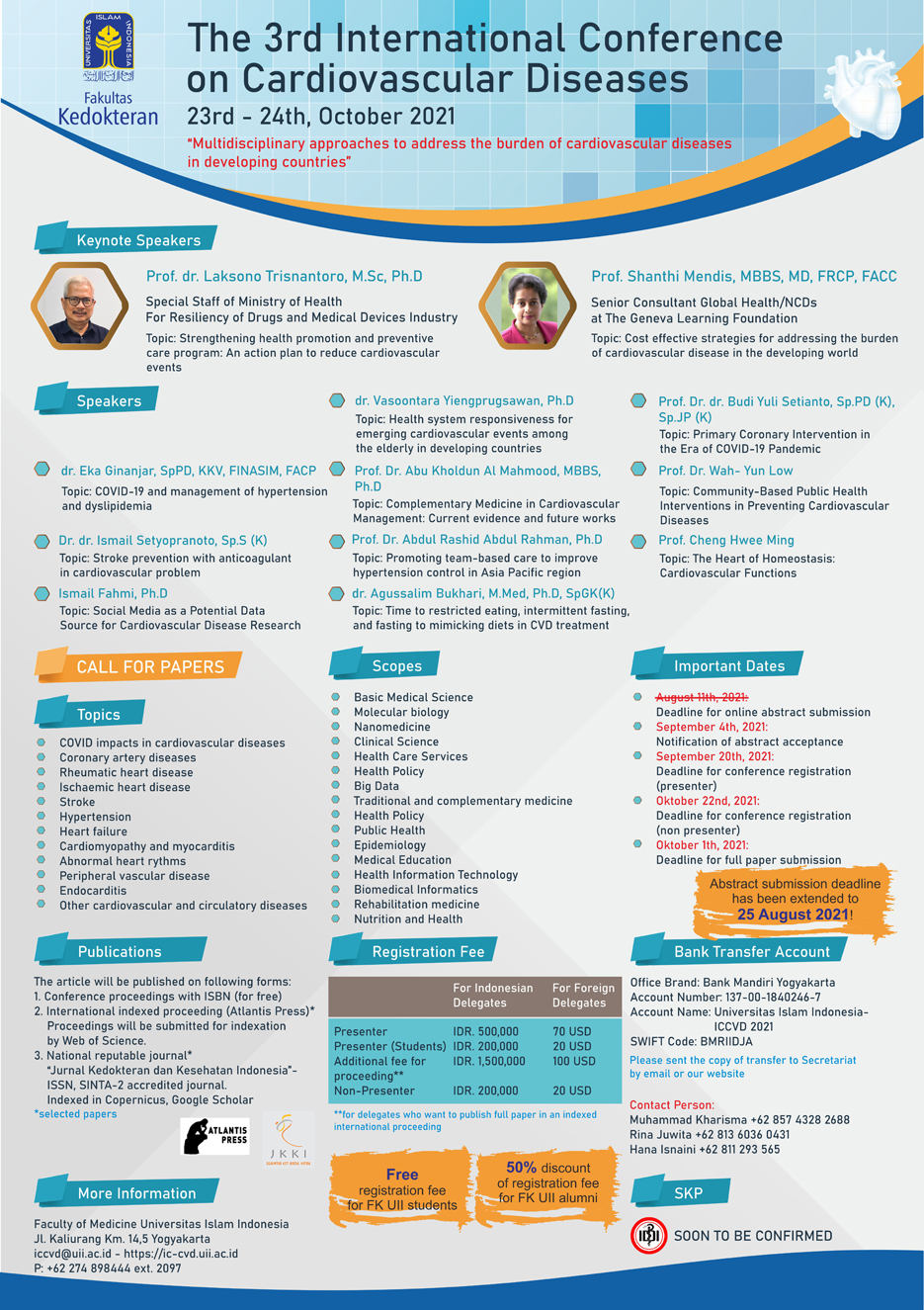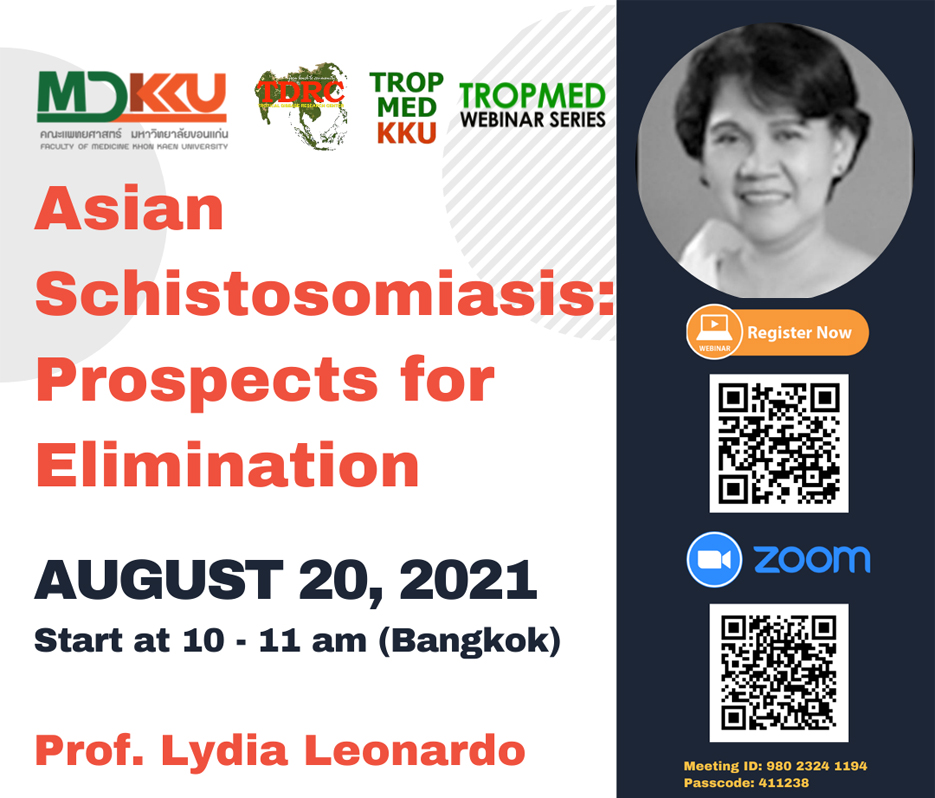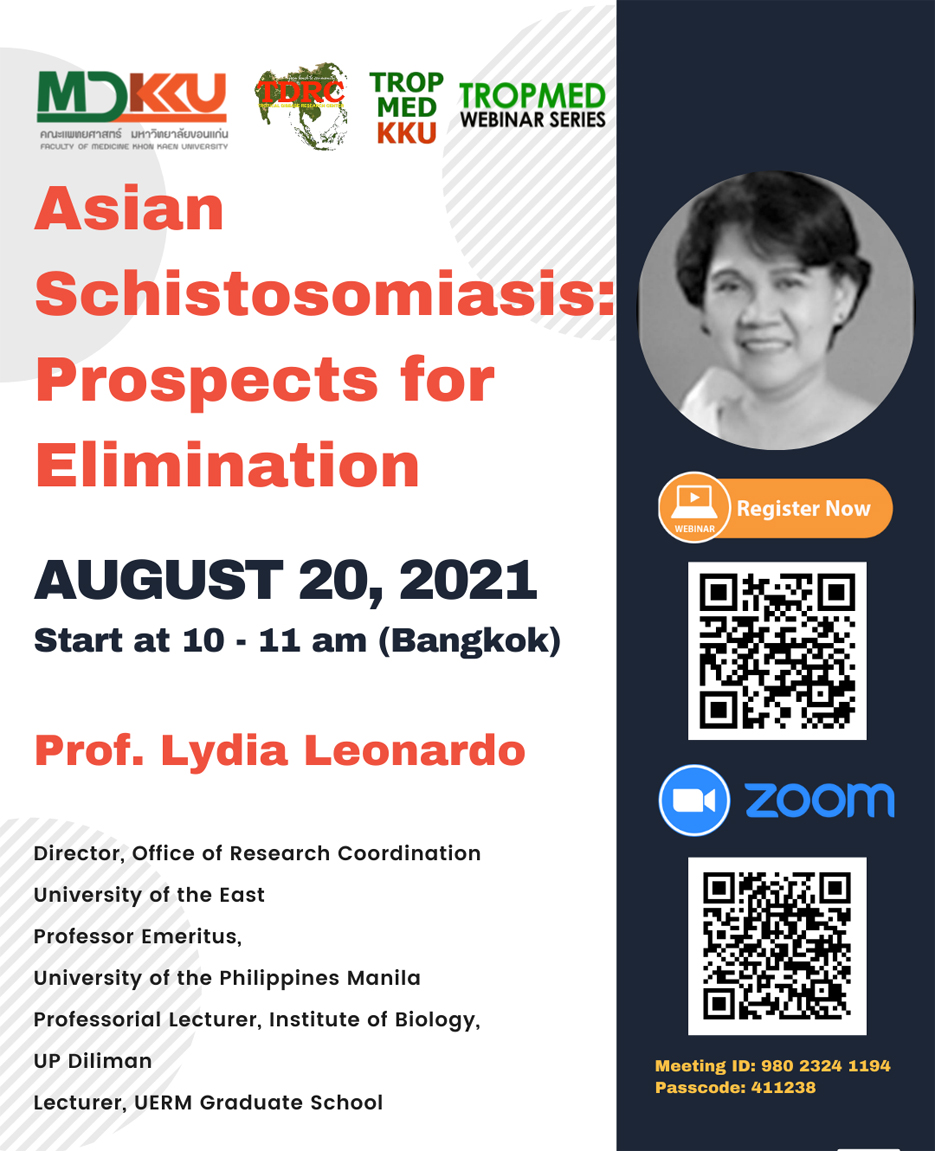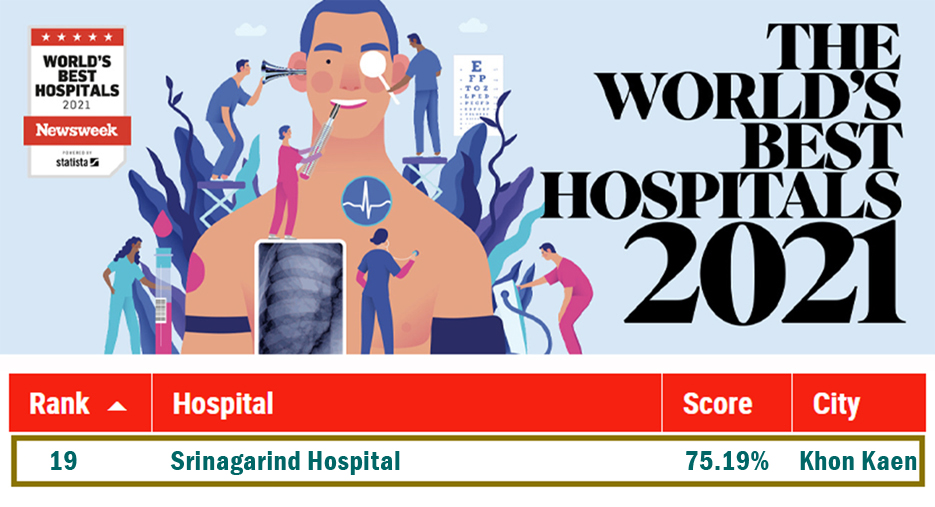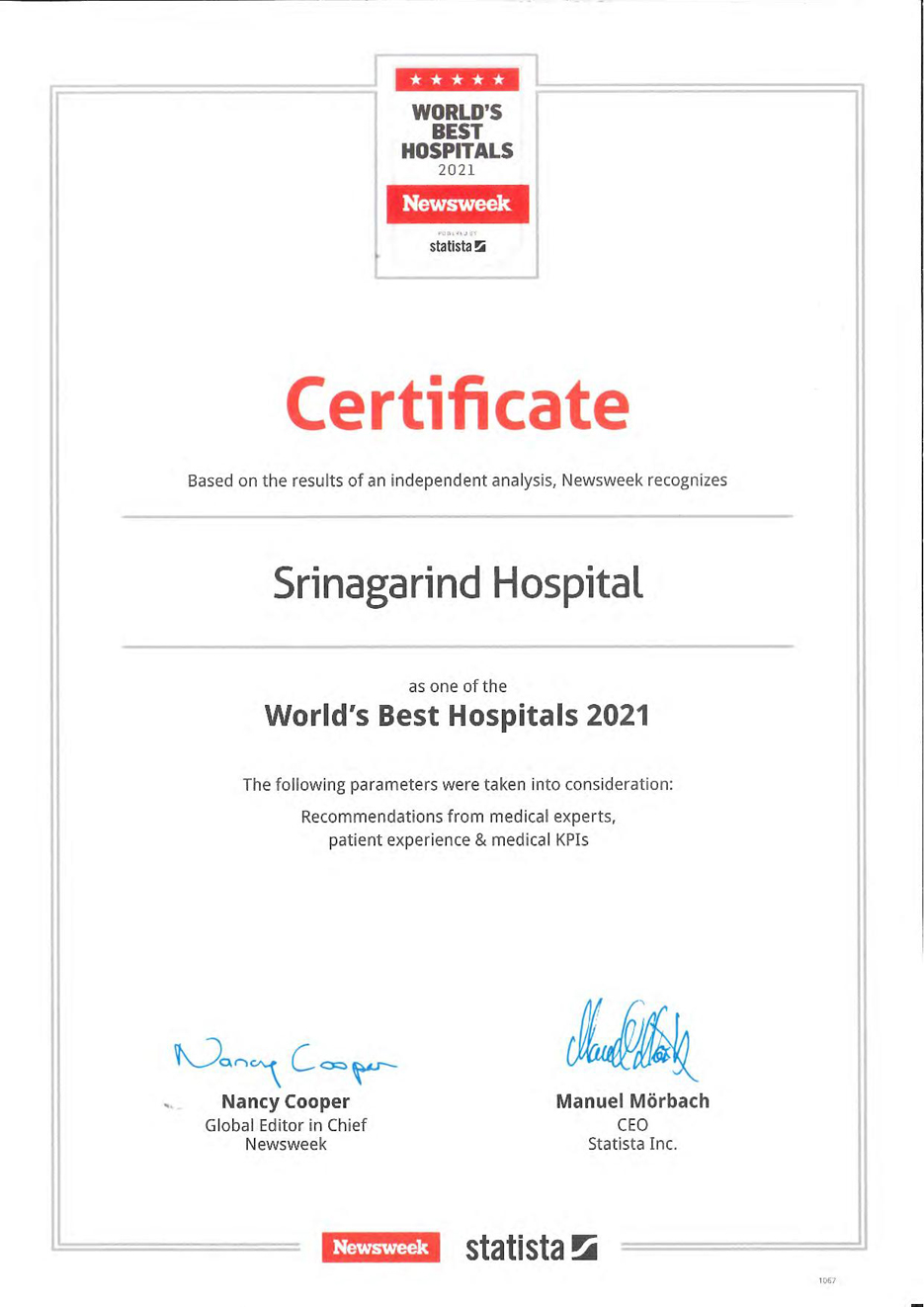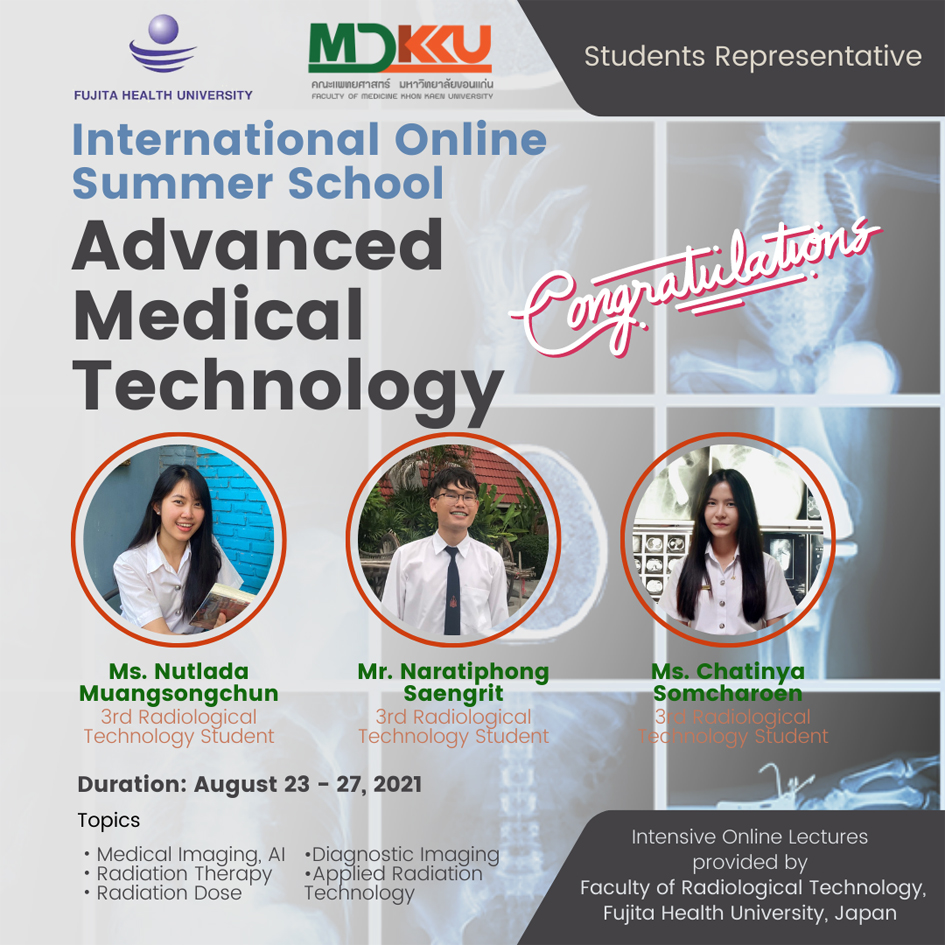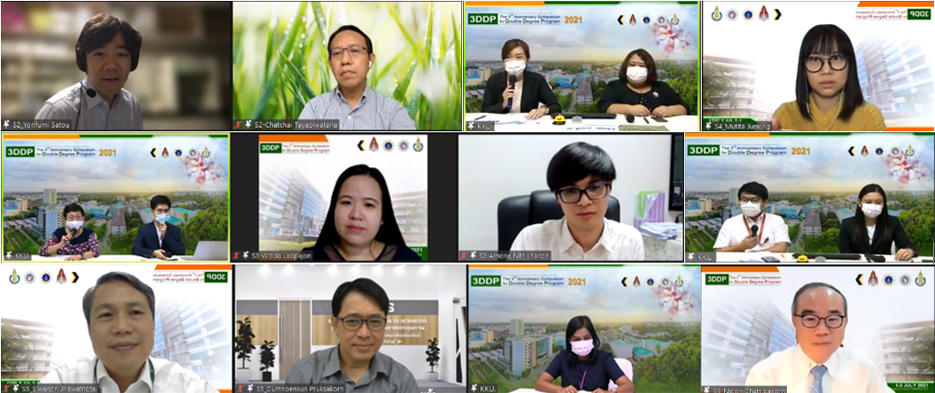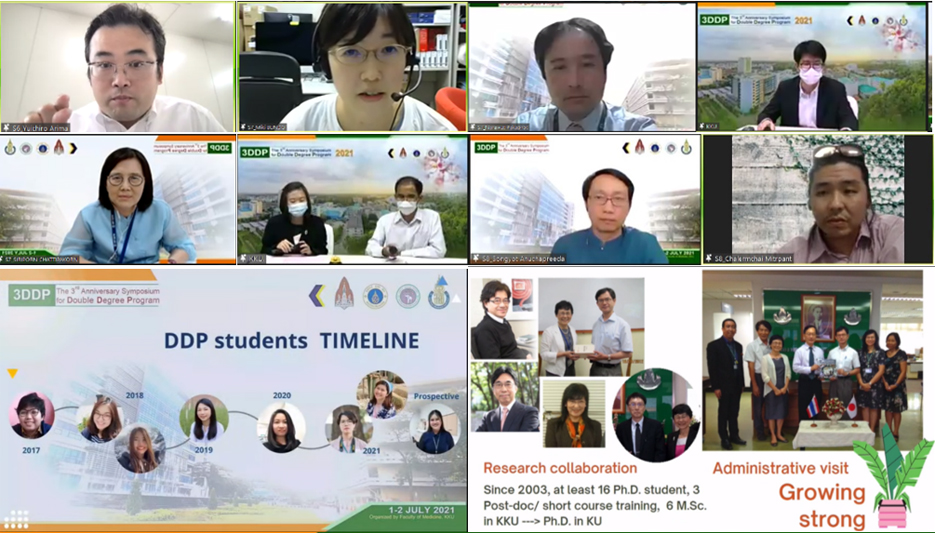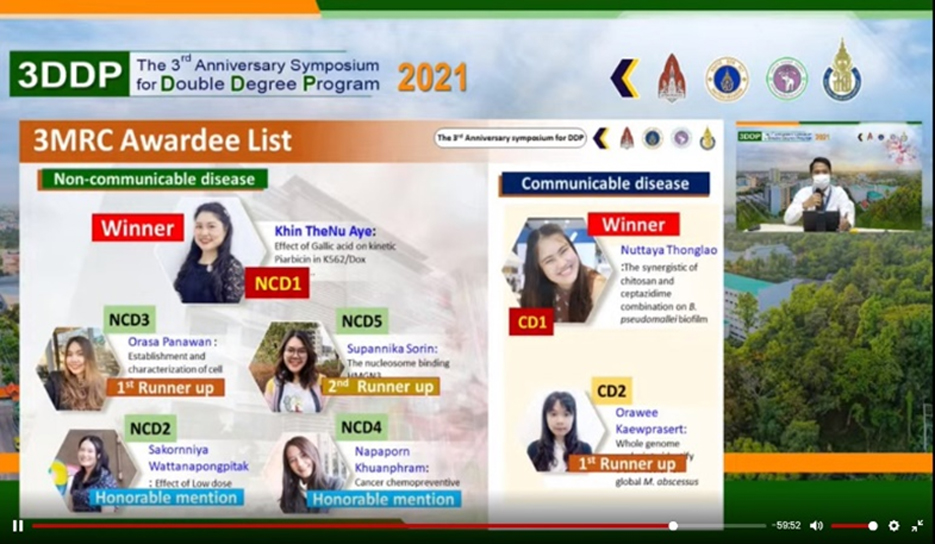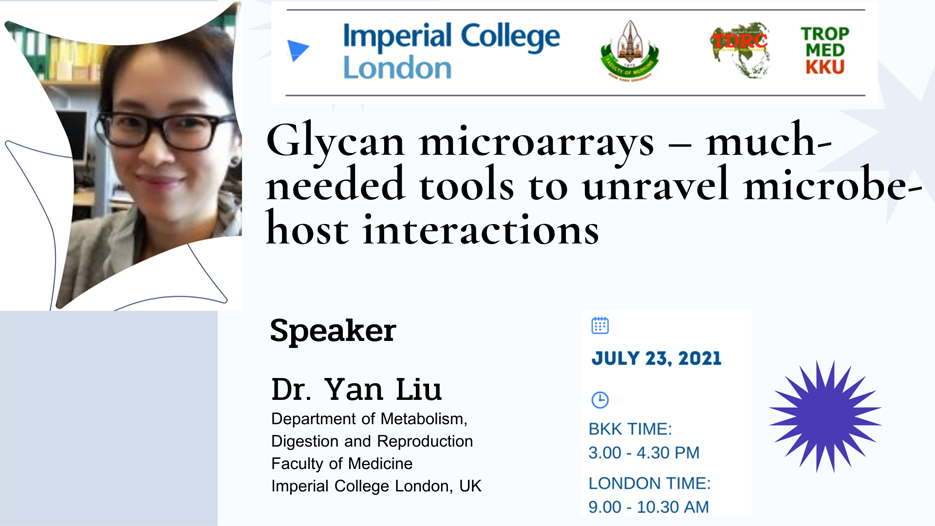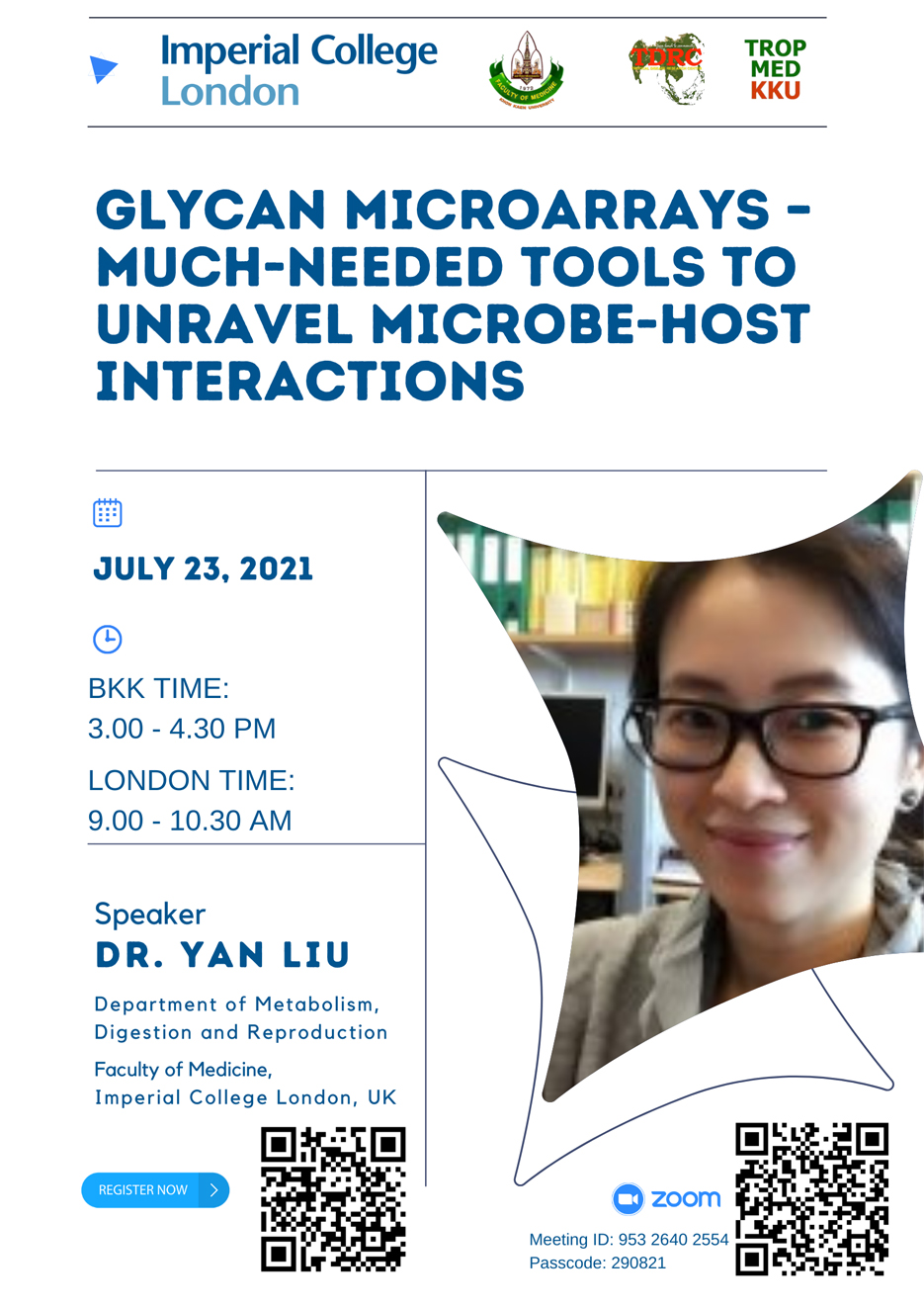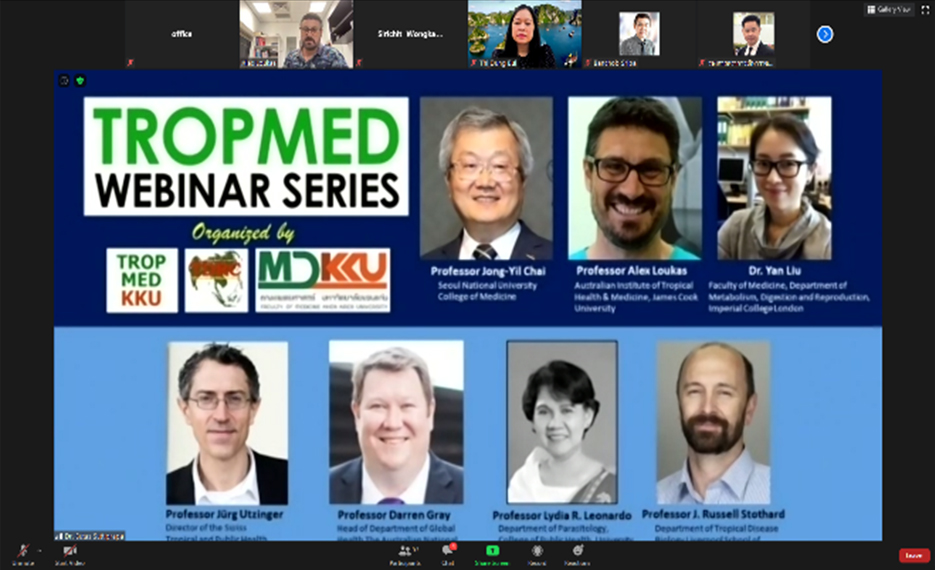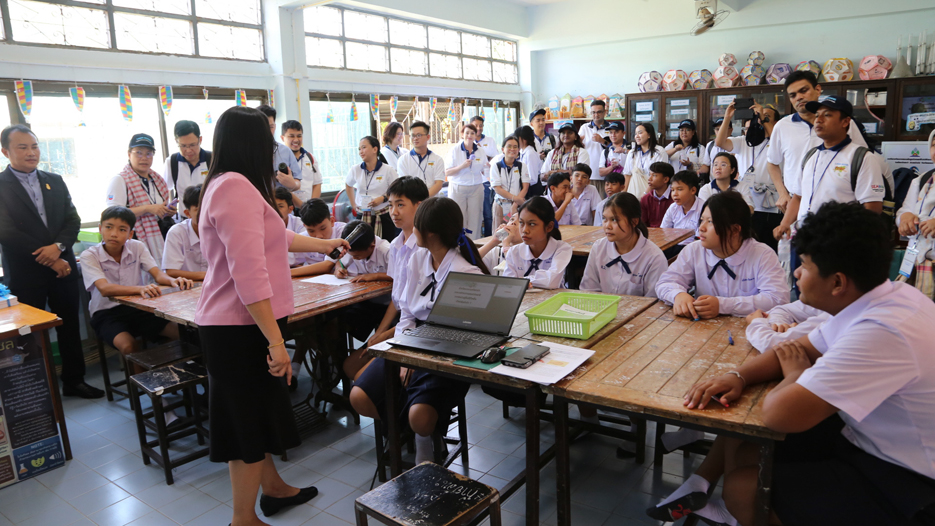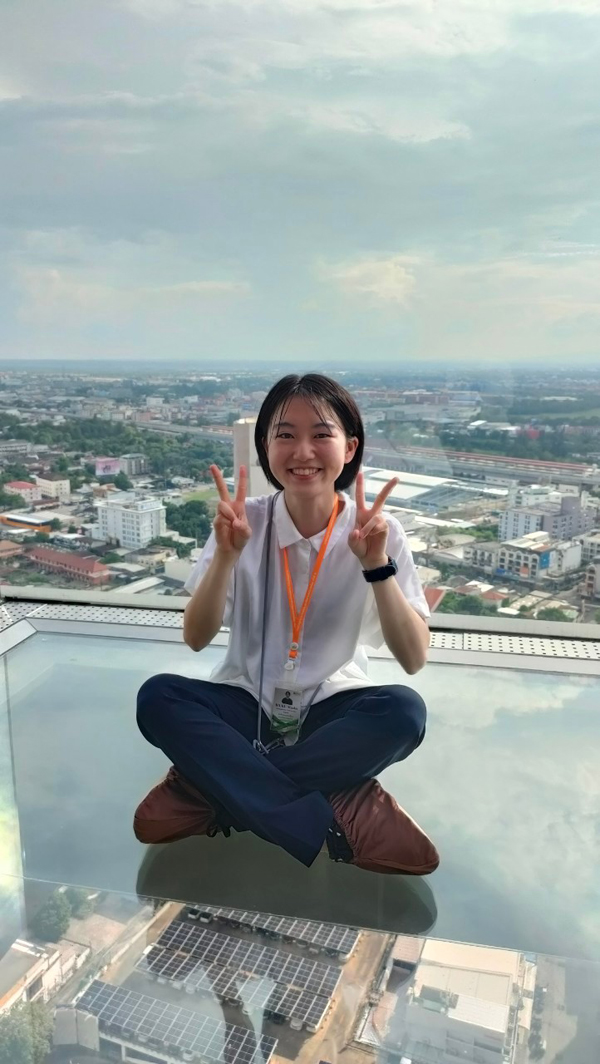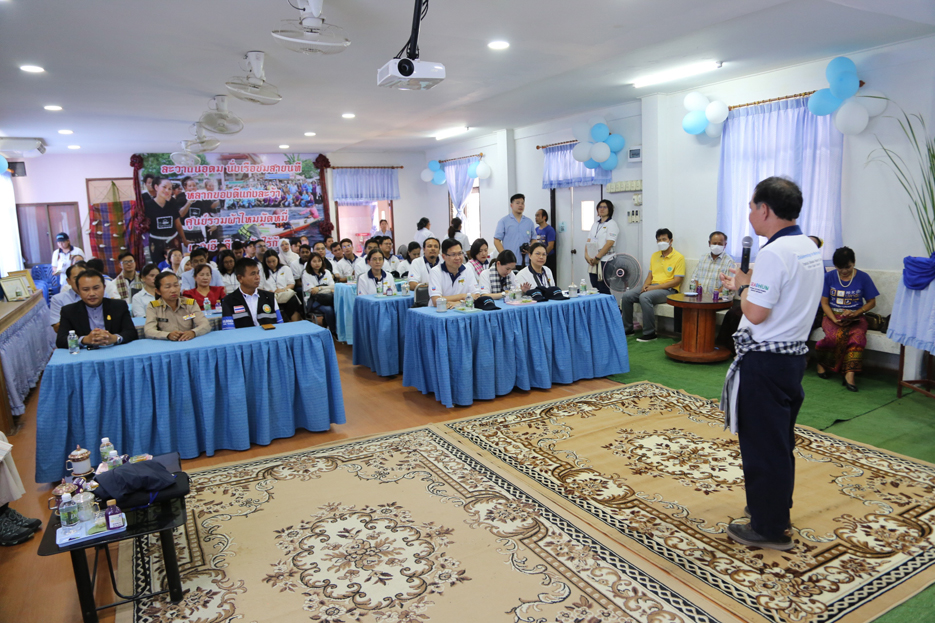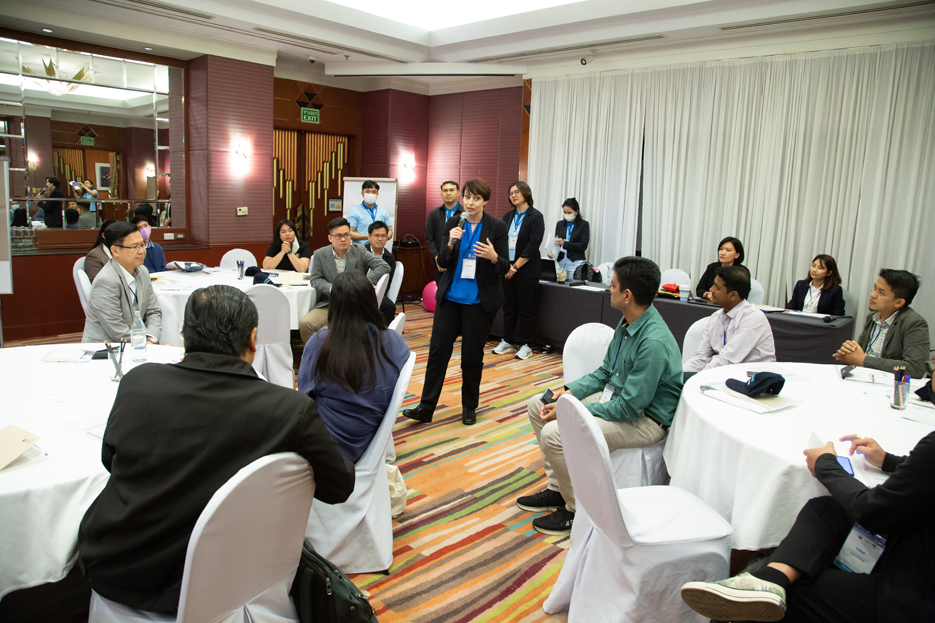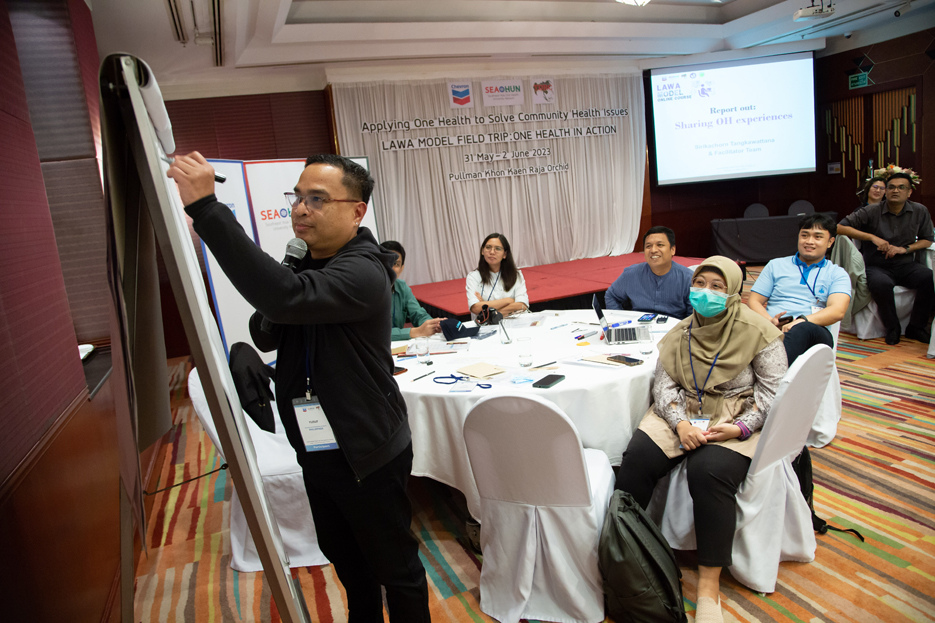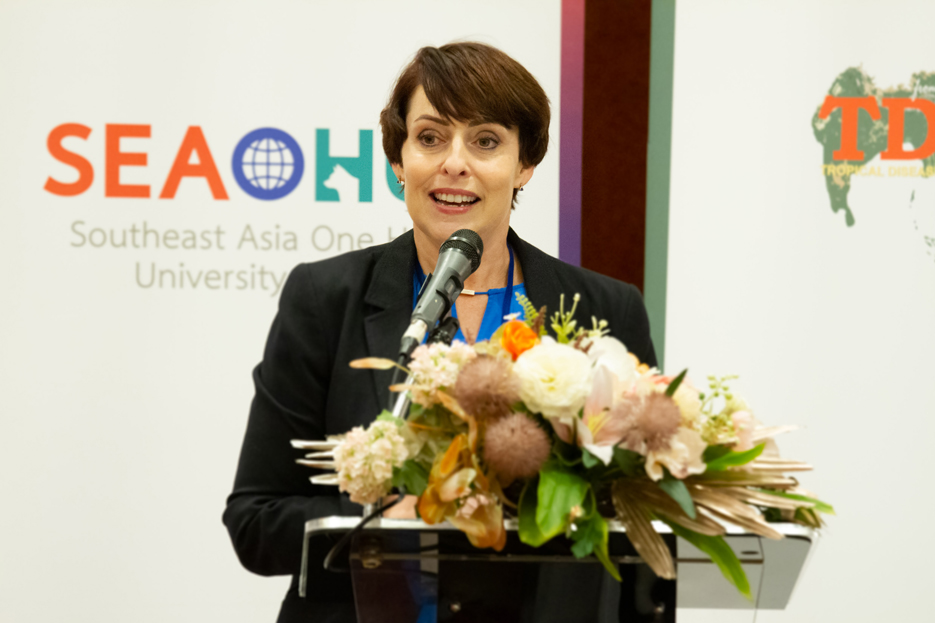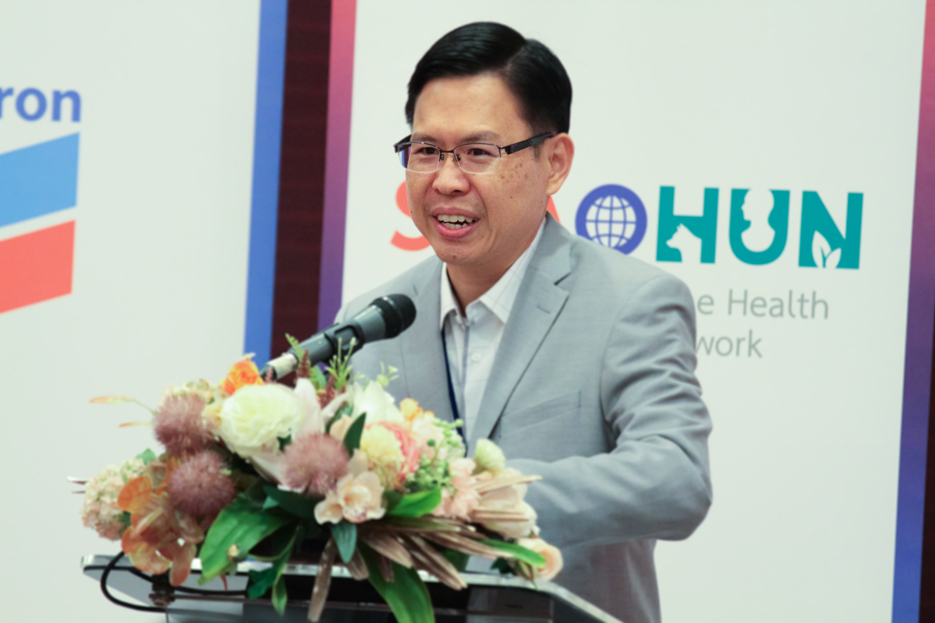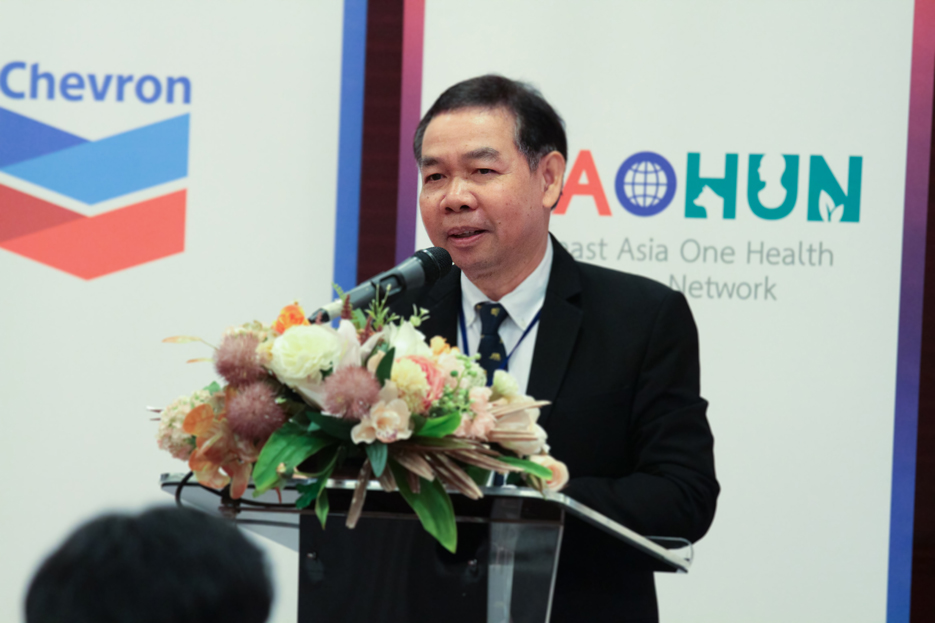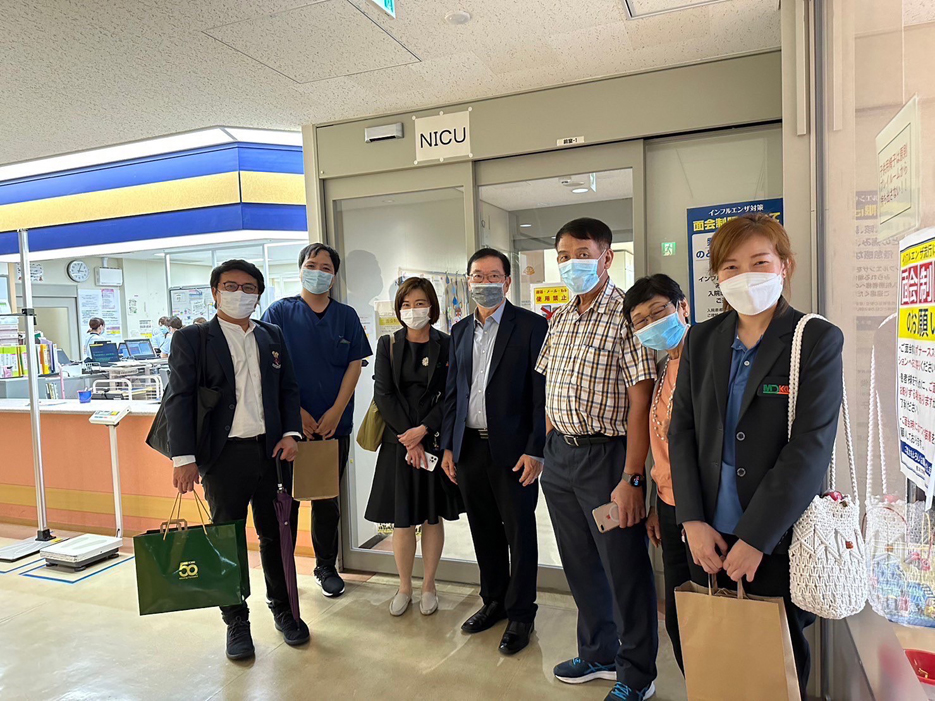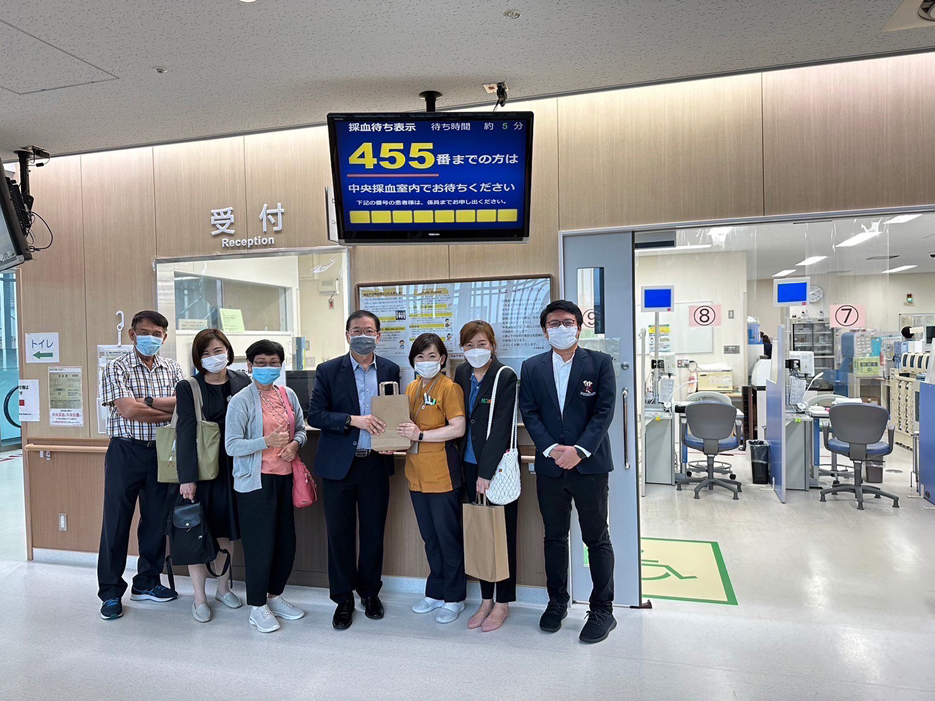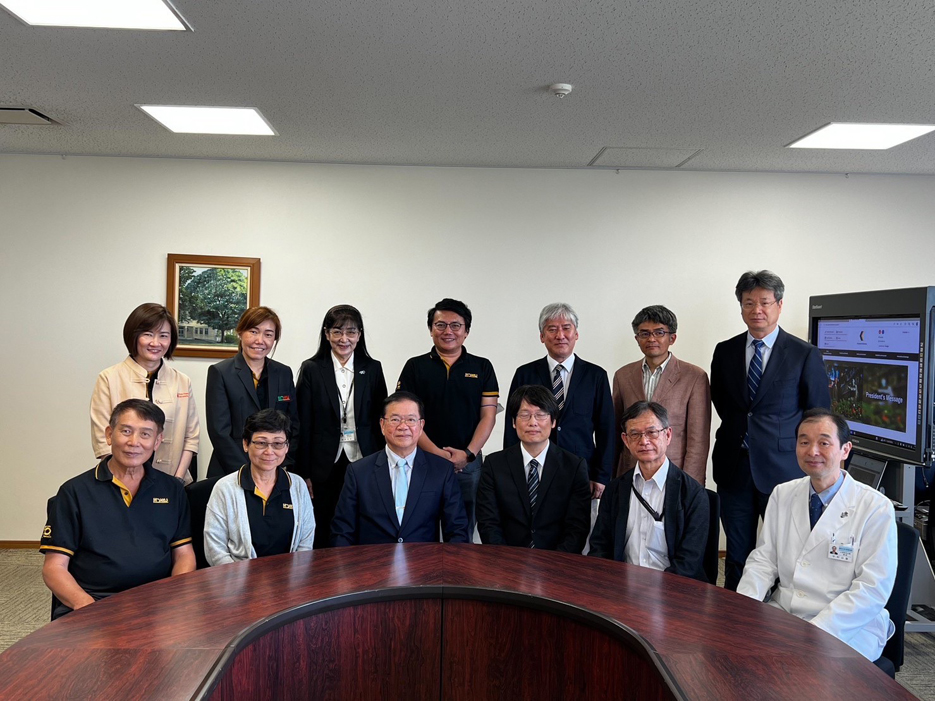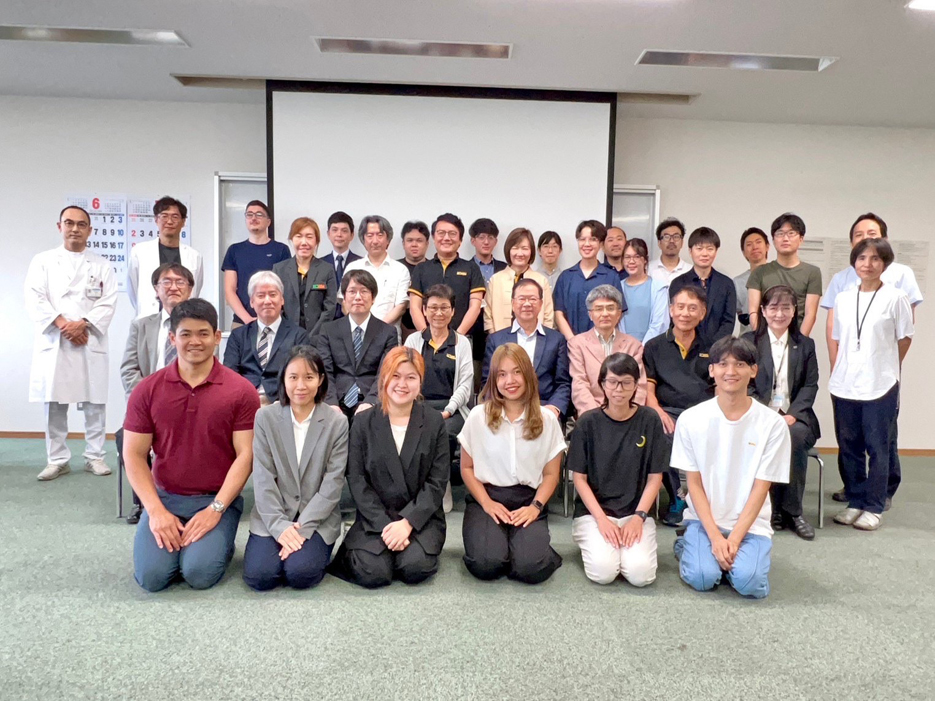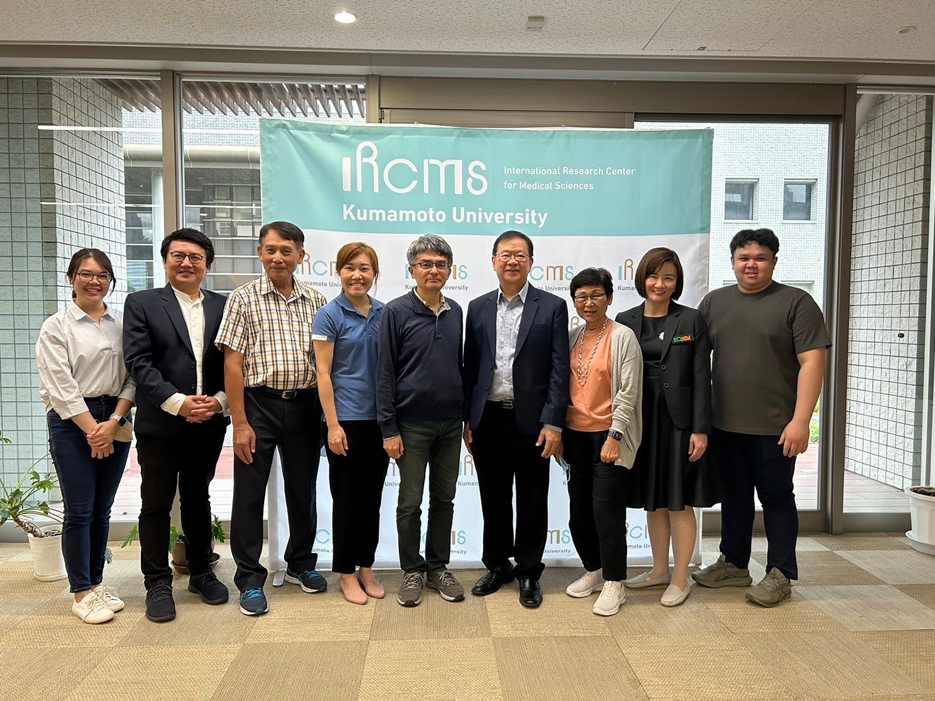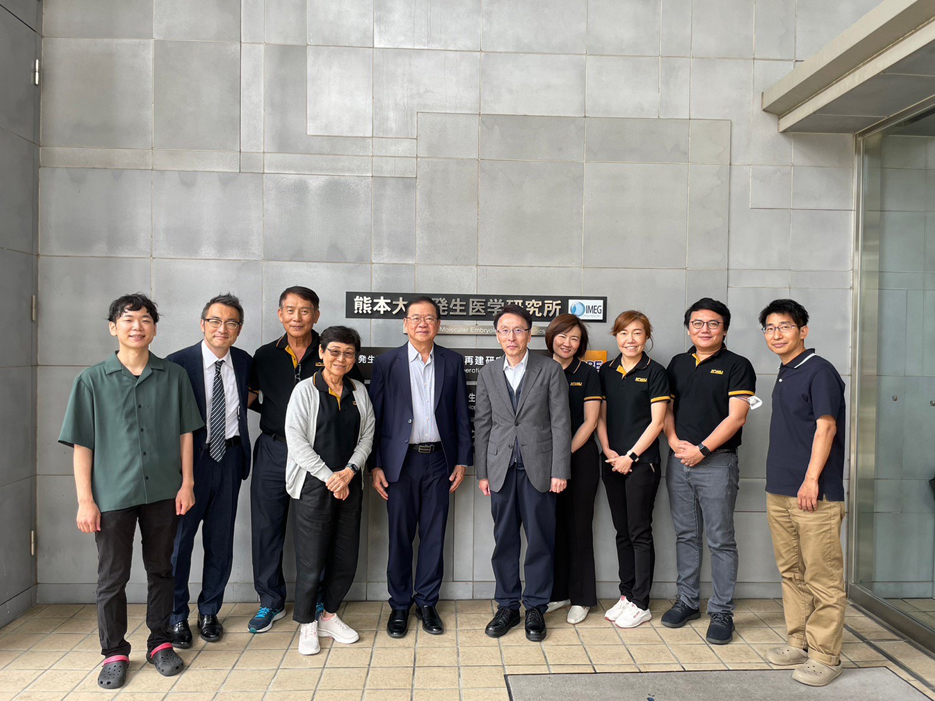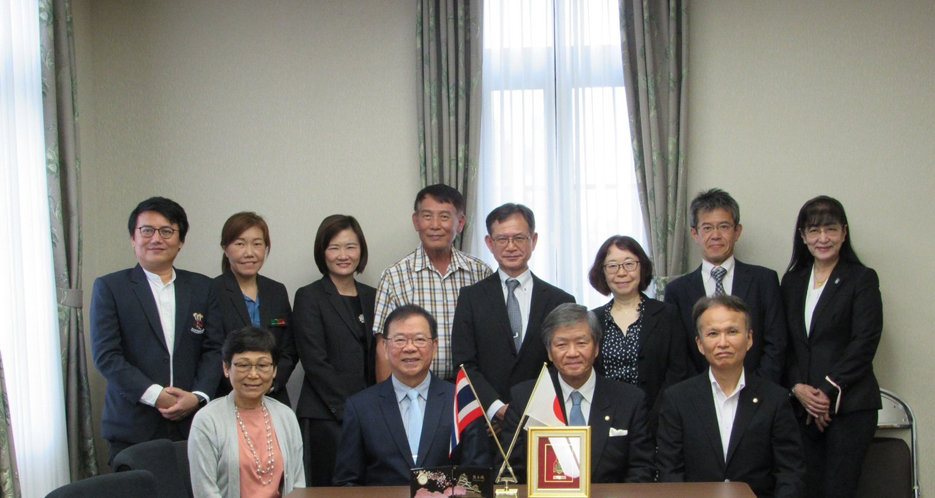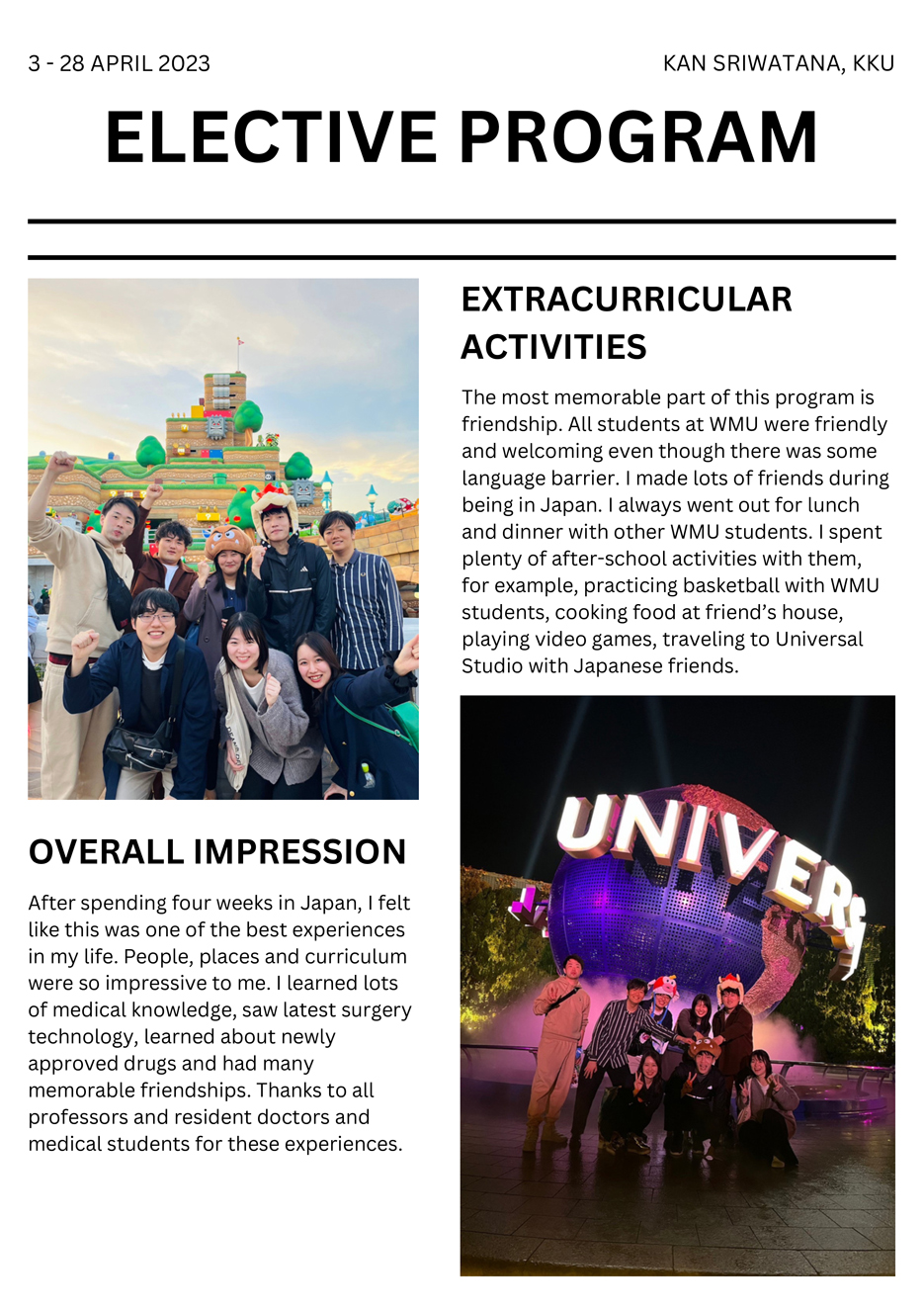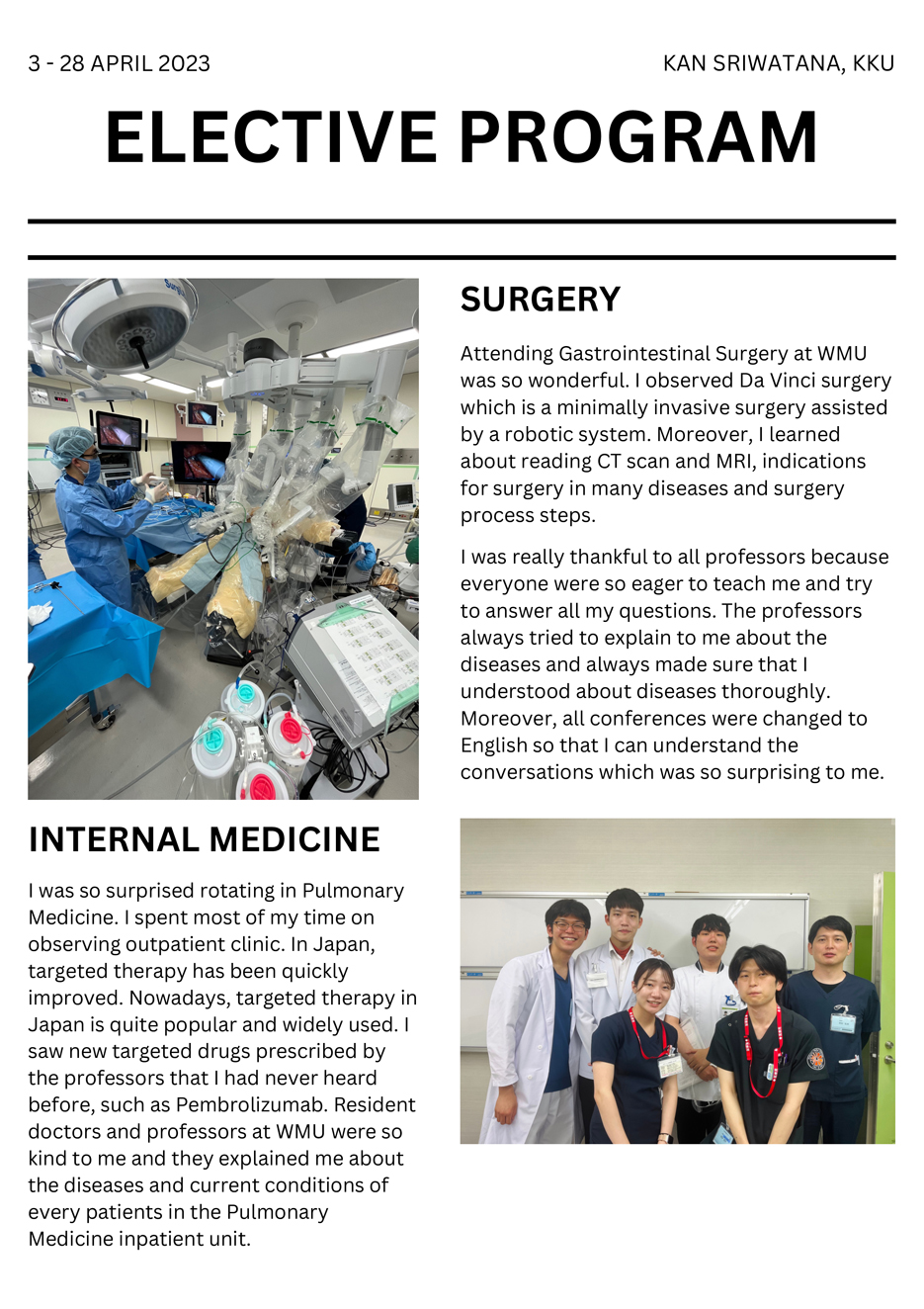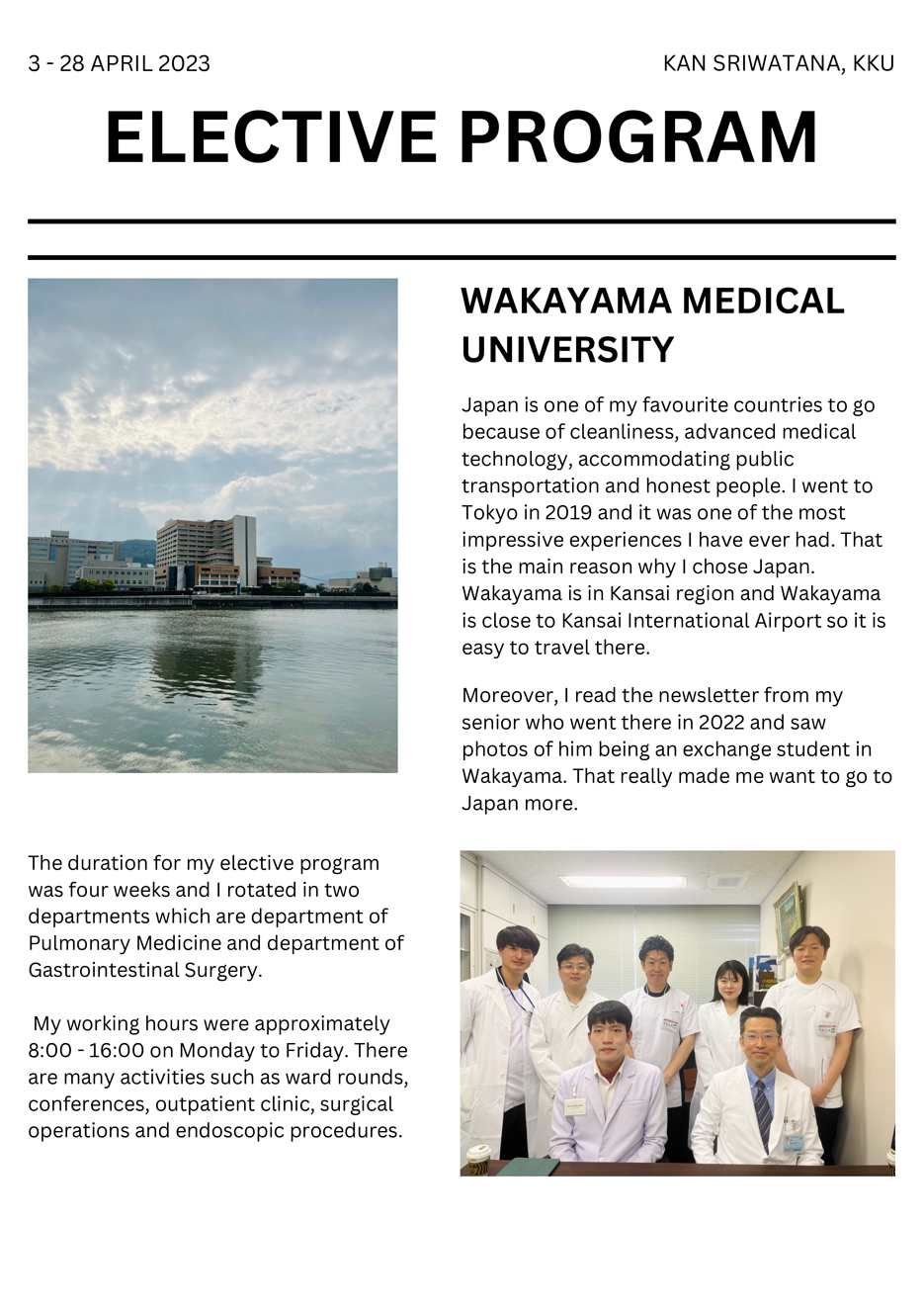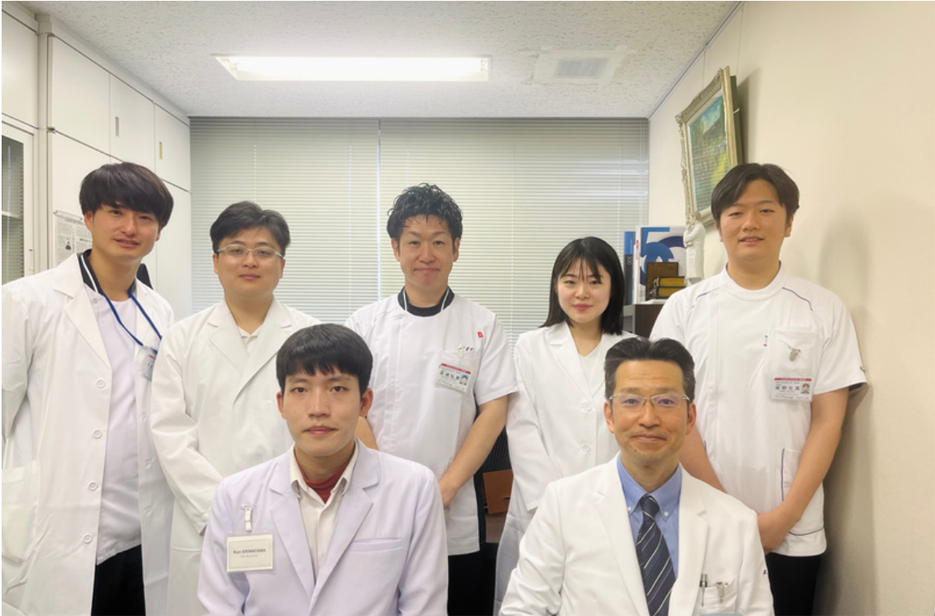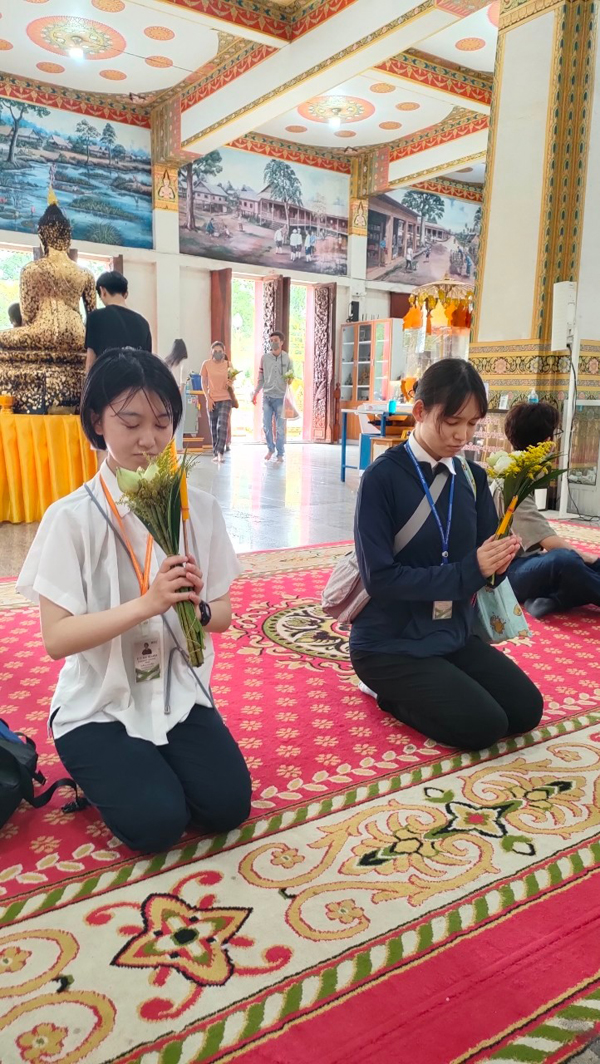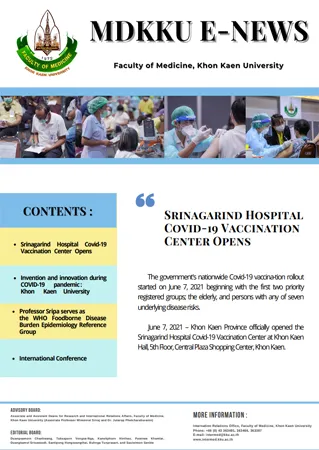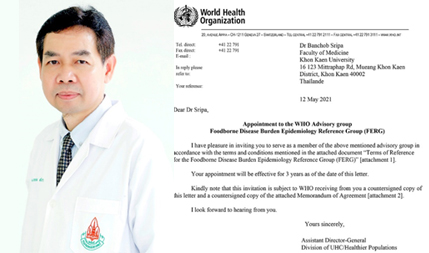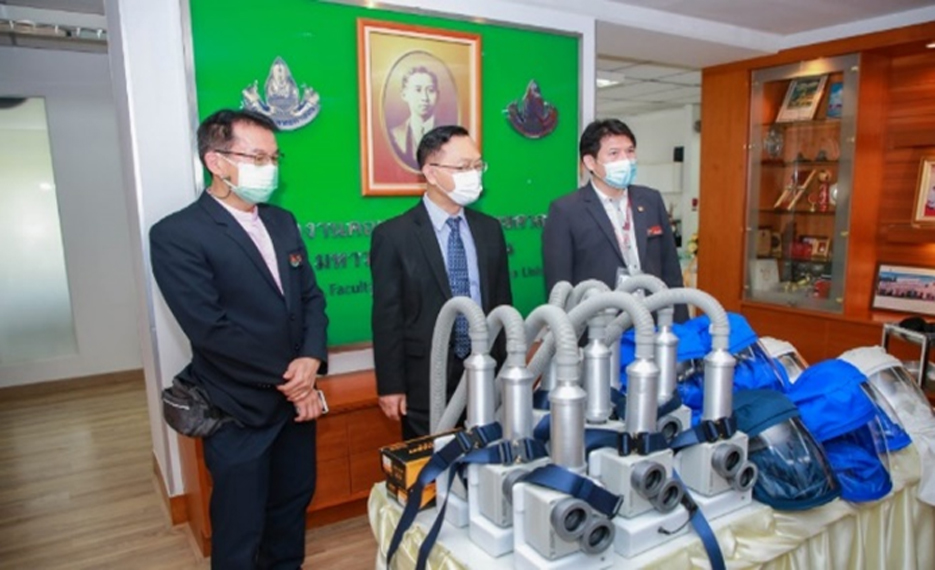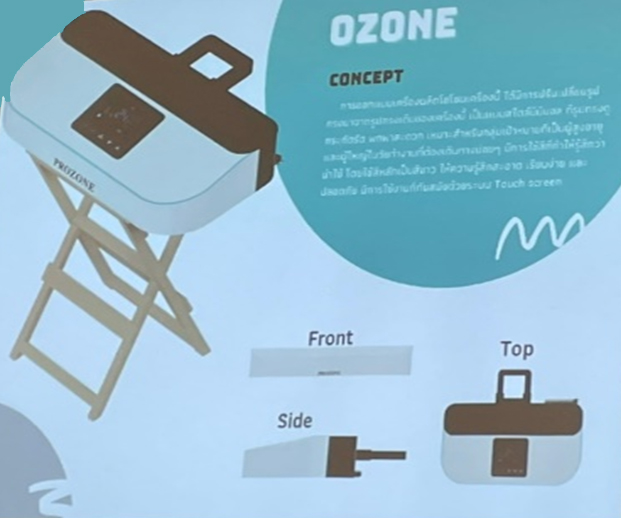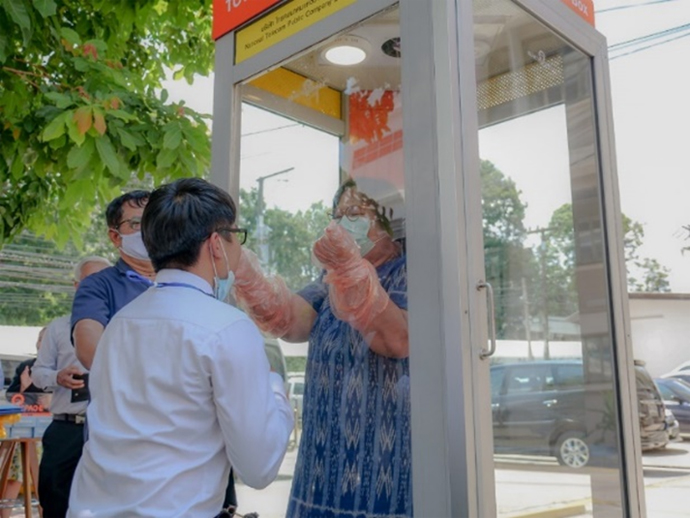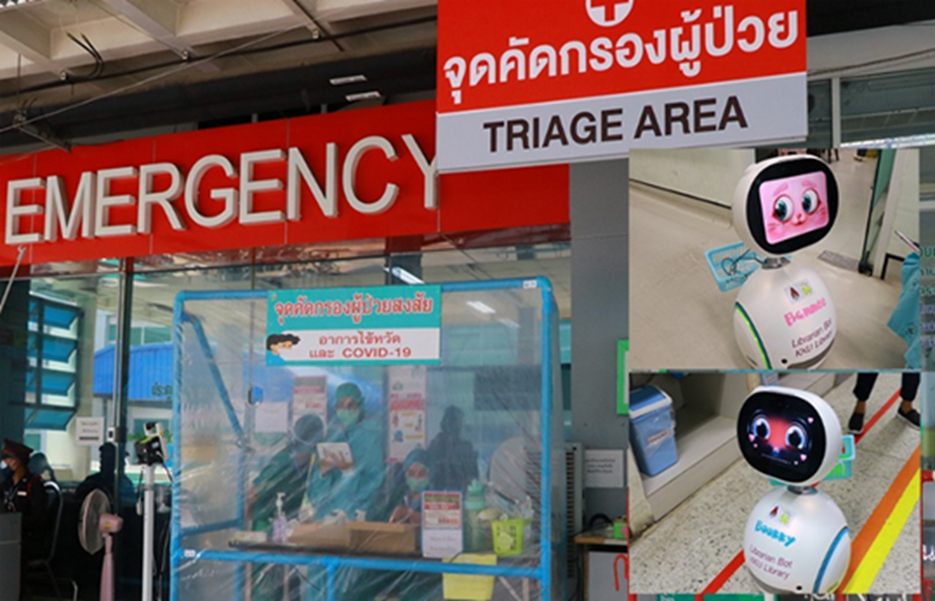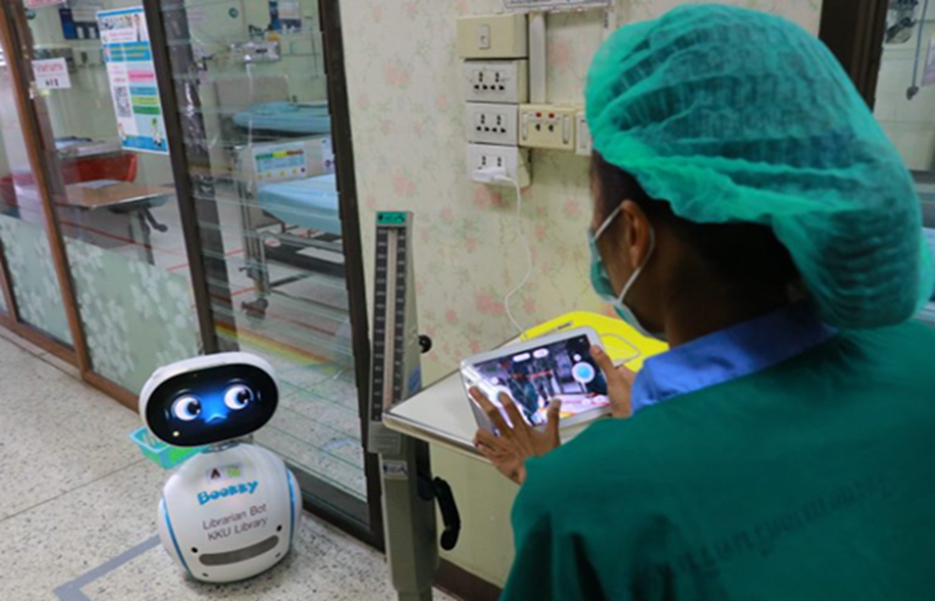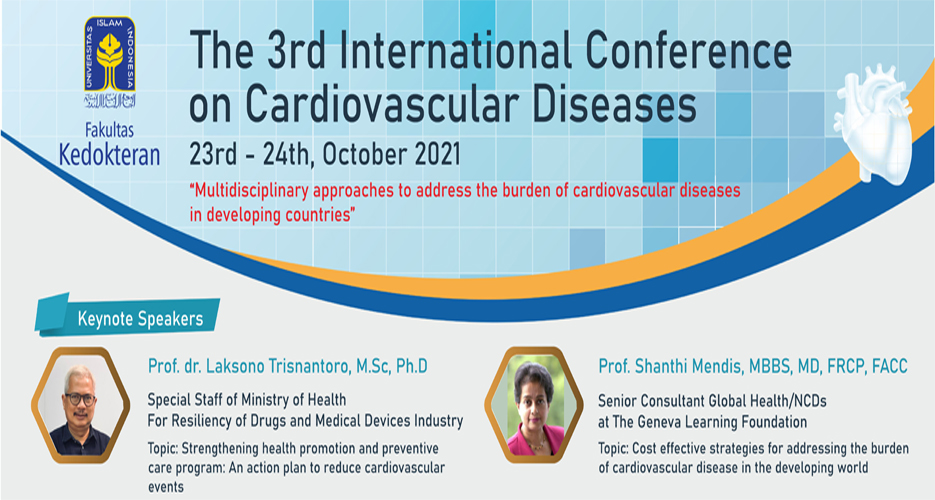
The Faculty of Medicine Universitas Islam Indonesia is hosting the Third International Conference on Cardiovascular Disease on 23-24 October 2021 as a forum for clinicians, researchers, lecturers, students, and policy makers to gather, share, and discuss the current information about managing CVD in developing countries. The overall theme of this event is “Multidisciplinary approaches to address the burden of cardiovascular disease in developing countries”.
The objectives of the conference are as follows.
- to update knowledge about the relevant program priorities for addressing CVD burden in developing countries
- to explore options for the comprehensive management of primary cardiovascular risk factors such as high blood pressure, high blood glucose level, smoking, and sedentary lifestyle
- to discuss the latest guidance and evidence on the early detection and management of CVD and its implementation in the context of developing countries, including the impact of the COVID-19 pandemic on the management of CVD
- to strengthen interprofessional collaboration in addressing challenges using multidisciplinary approaches for the prevention, treatment, and rehabilitation of patients with CVD
- to update knowledge about health technology science and innovation related to the management and rehabilitation of patients with CVD.
The registration form is available at https://conference.fkuii.id/register/sd60951
To get information about the conference, please, visit the conference website: https://ic-cvd.uii.ac.id/
